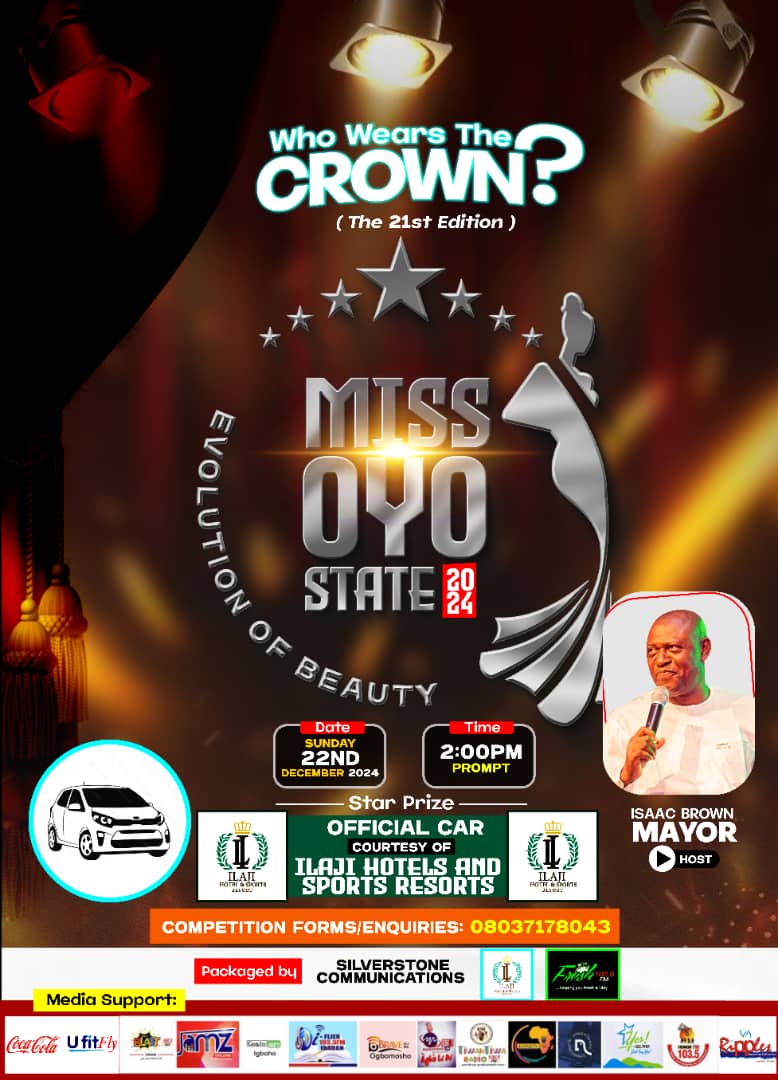Friday Evening With Amofin Beulah Adeoye (X)
I’ve came across a couple of thought-provoking expositions and random views on politics and governance, and I’ve come to realise that informed citizens are the backbone of a healthy democratic governance. When we vote based on ideas, policies, and intentions, we can be certain that our future is shaped, and that of our country. The recent U.S elections served some purposes; a prime example of democracy in action, as well, a demonstration of how people can look beyond mundane factors and focus on what truly matters to them and their future in a country.

Informed democracy allows citizens to make educated decisions, considering the long-term implications of their choices. This approach builds a sense of accountability, as leaders are held responsible for their actions and policies. In Europe and America, politics influences people’s daily lives, and shapes their choices and decisions. Elections offer citizens a chance to envision their future and make informed decisions that will impact their lives for years to come. Nigeria can learn from this model, give edge to issue-based voting and ideological alignment.

Nigeria’s beautiful cultural and socio-economic atmosphere demands a result-oriented approach to democracy. I think it is only with the embrace of informed democracy that, as Nigerians, we can ensure that our leaders focus on pressing issues, such as massive infrastructure development, education, healthcare, among others. This requires a shift from identity-based politics to issue-driven decision-making. We must engage in constructive dialogue, scrutinise policies and hold leaders accountable for their promises, – in all of these, we are also fulfilling our part in democracy, building ourselves as responsible citizens.
The mission or intent of active and informed democracy is not to serve individual preferences or benefits. It makes our leaders drive sustainable development and push for collective prosperity. This, in turn, advocate for global competitiveness where nations strive to provide the best possible lives for their citizens. Here, informed democracy can bridge the gap between the haves and have-nots, and ensure equitable distribution of resources and opportunities.

Locally-driven politics can be a massive game-changing opportunity for everyone. Truly, every local assembly has its unique factors, interests, and indices that drive growth and development. In our respective local government areas, we can bring out the best of us, who understand us, – we can breed leaders who understand and can address specific community needs, and convince the people in the best locally acceptable way. This result-oriented grassroots approach empowers everyone, allows to structure respective immediate environments, be more organised and interested, and by extension contribute to the nation’s progress.
Development should ideally be the ultimate unifying factor, with nations competing to serve their people best. Instead of engaging in embarrassing displays of one-upmanship, political leaders should focus on replicating successful ideas and addressing pressing problems. This translates to a collaborative mindset that can drive creativity, innovation, as well afford nations to compare notes, share knowledge and expertise to overcome common challenges. That’ll be a responsible and healthy competition at its least, and it’s great for progressive democracy.
For the people, development is the top priority. They crave accountability, good governance, and a decent life. The dominance of views and perspectives from political leaders over mere politically convenient projects or initiatives should not be given premium over what the people actually want. Development must be people-centered to deliver needed results, focused on their needs and aspirations. However, leaders’ views often overshadow the people’s desires. It’s crucial to give priority to the latter and ensure there is synergy between leaders and the led. After all, leaders are entrusted with power to serve the people, not themselves, – and this requires a bottom-up approach, where citizens’ voices are amplified, and have their concerns addressed.
Nigeria’s future hinges on informed democracy. Politics can serve a lot of good purposes; it can engineer an ideal world through responsible leadership and responsible use of the instruments of political power. While measuring a leader’s commitment to democracy may be challenging, democracy itself provides the means to hold them accountable. Above all, in our best interest, we must consistently argue and relentlessly preach that ethical leaders take the stage always.
~ Amofin Beulah Adeoye
Friday, November 15, 2024

